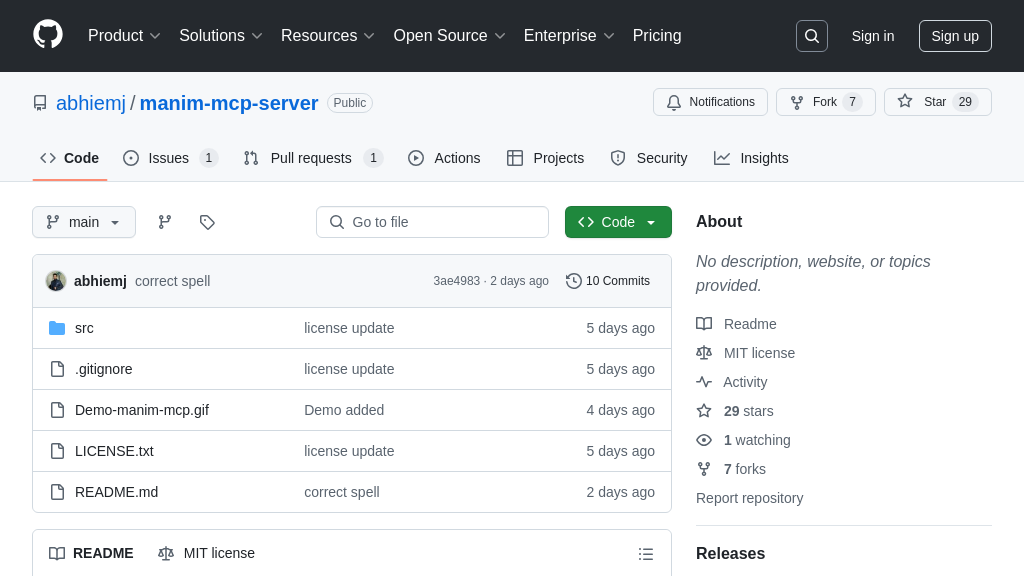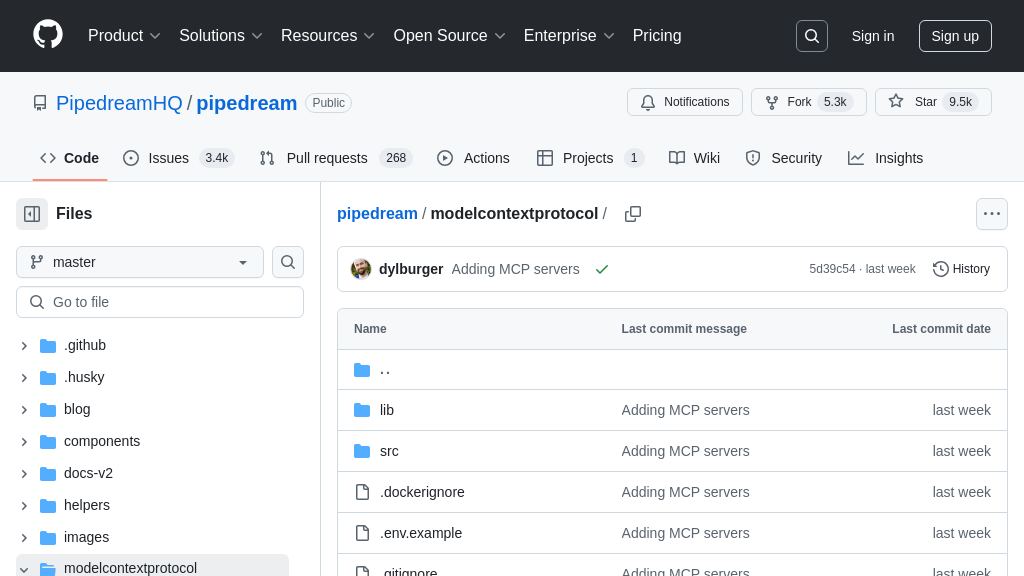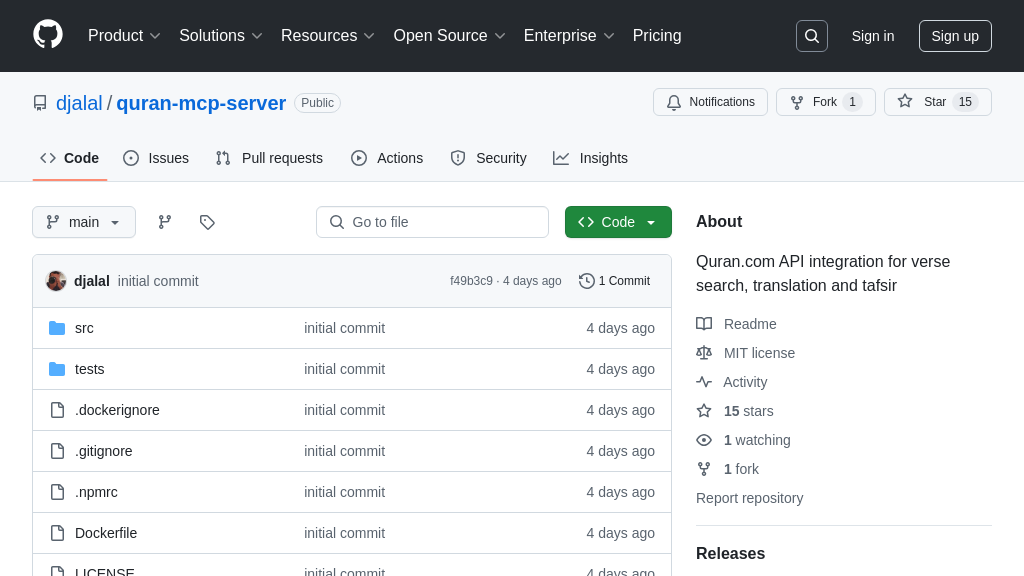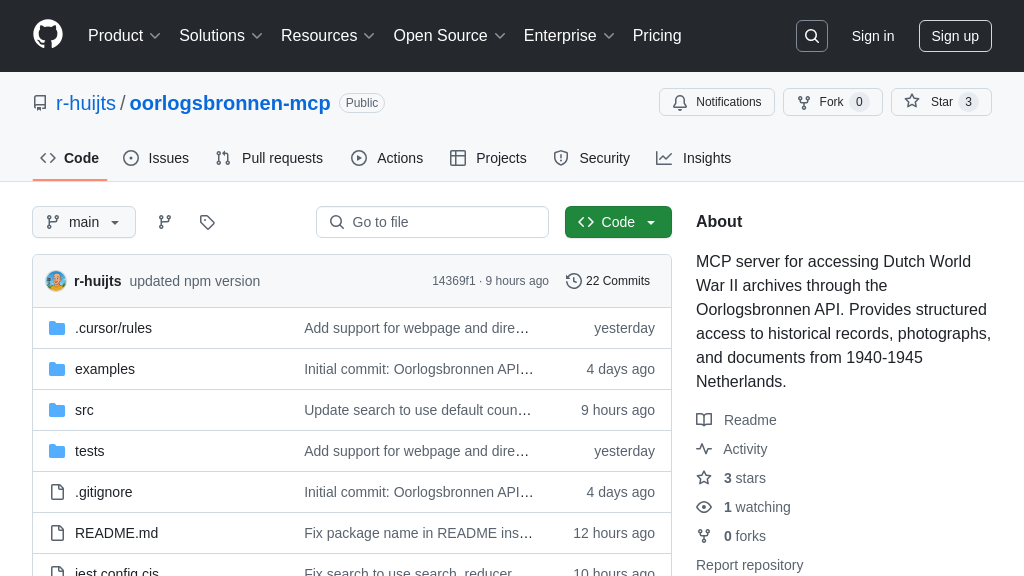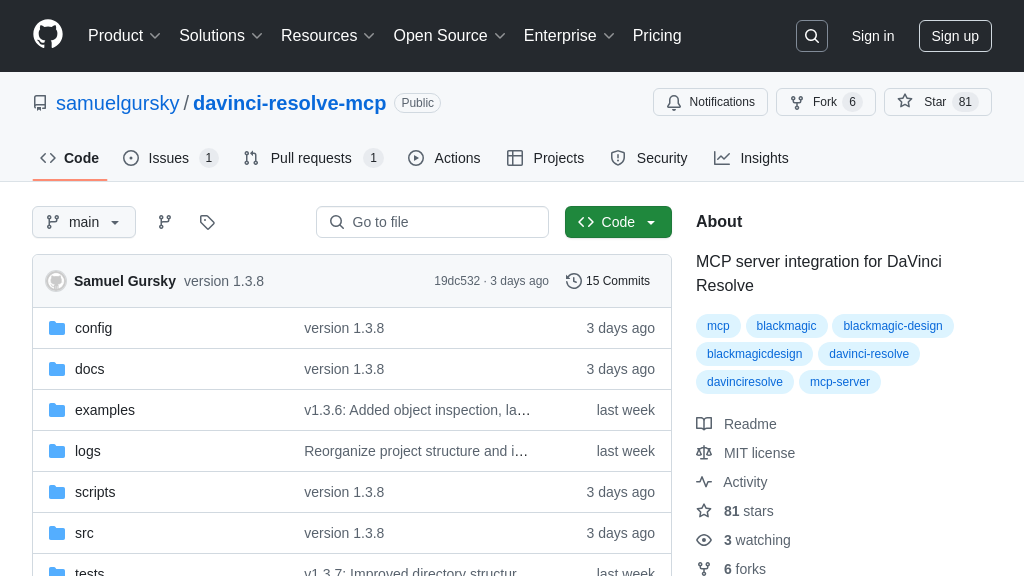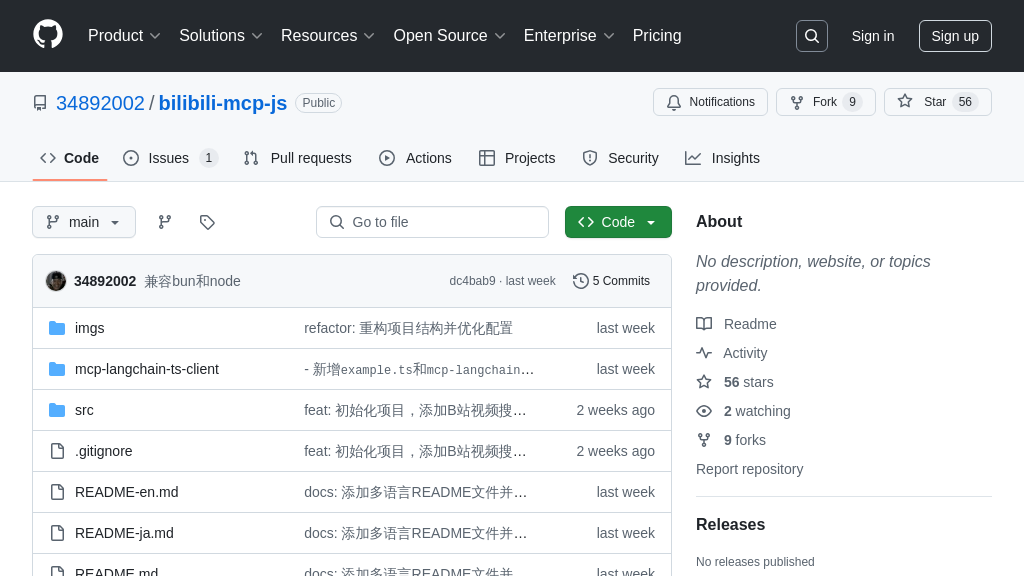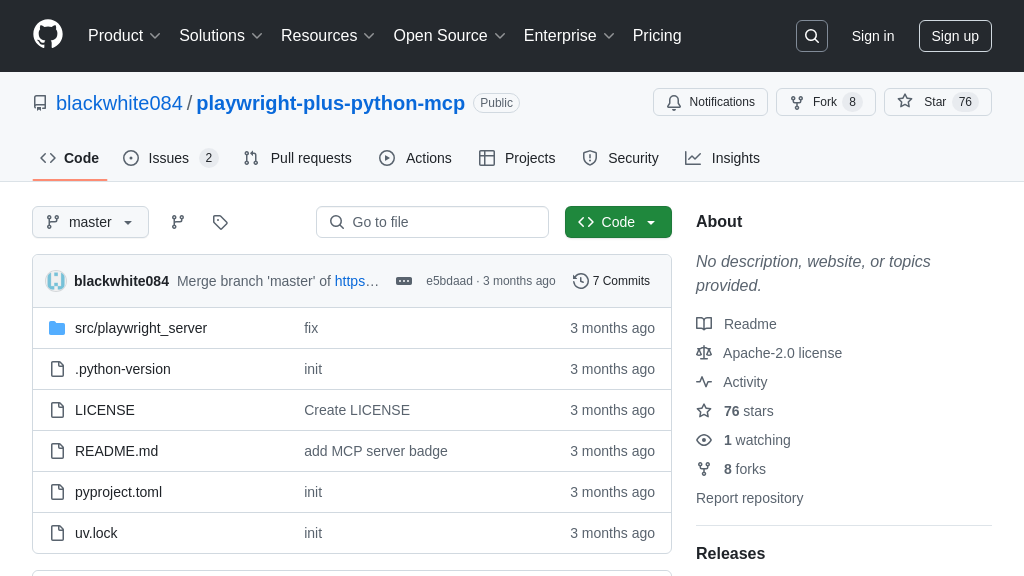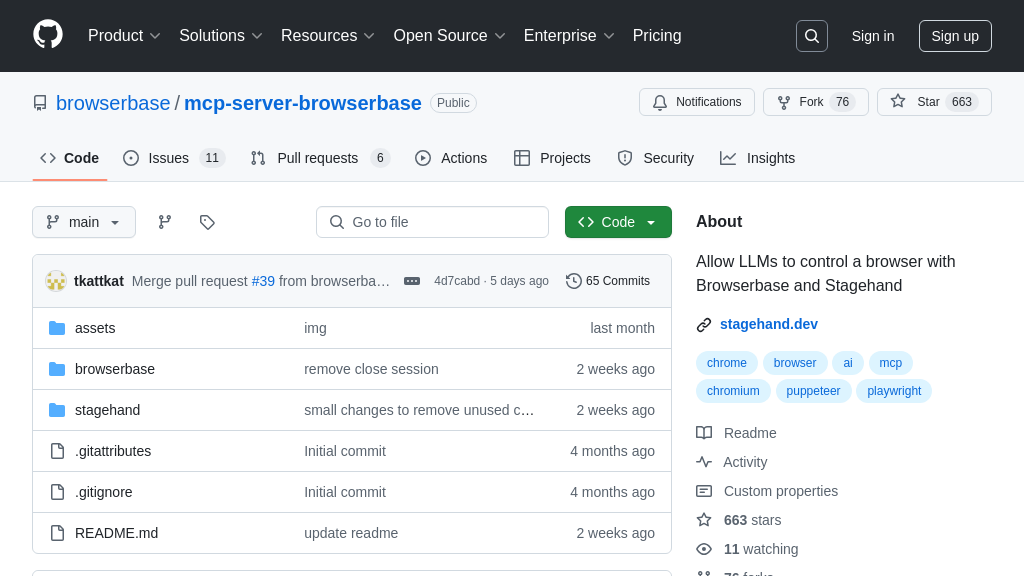mcp-graphql
mcp-graphql: LLM-GraphQL API integration via schema introspection and query execution.
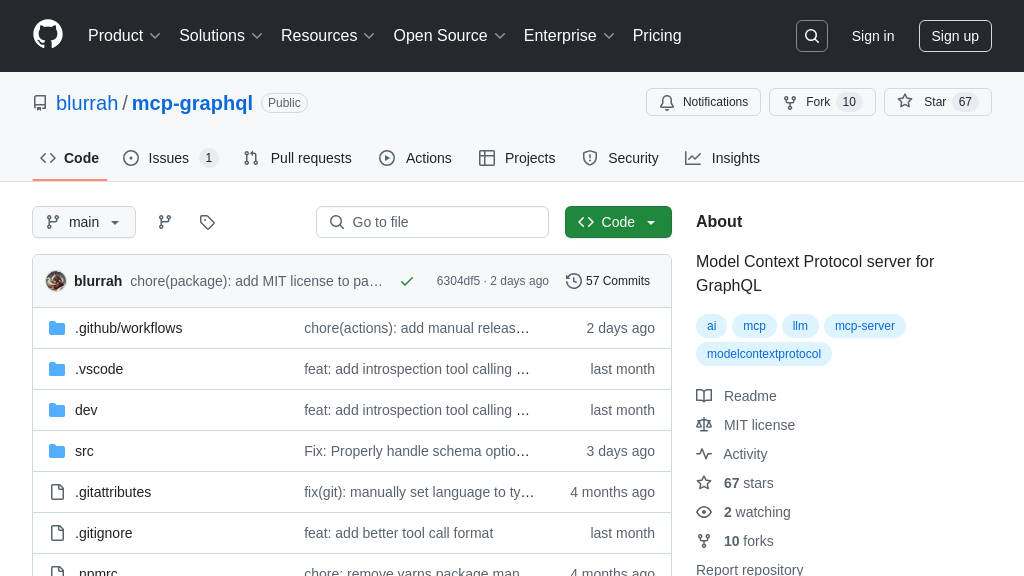
mcp-graphql Solution Overview
mcp-graphql is an MCP server designed to empower Large Language Models (LLMs) with the ability to interact seamlessly with GraphQL APIs. It provides essential schema introspection and query execution capabilities, enabling models to dynamically discover and utilize GraphQL APIs. This server supports both local schema files and introspection queries, offering flexibility in how the schema is accessed.
Key features include the ability to execute queries and, optionally, mutations against a GraphQL endpoint. Implemented in TypeScript and utilizing standard input/output for MCP communication, mcp-graphql can be easily integrated into existing workflows via Smithery or manual installation. The core value lies in enabling AI models to access and leverage data from GraphQL APIs, expanding their capabilities and providing richer, more context-aware interactions. By default, mutations are disabled for security, encouraging careful consideration before enabling them in production environments.
mcp-graphql Key Capabilities
GraphQL Schema Introspection
The mcp-graphql server allows AI models to dynamically discover the structure and capabilities of a GraphQL API. It achieves this by leveraging GraphQL's introspection system, which enables querying the schema for available types, fields, queries, and mutations. This feature is crucial because it eliminates the need for AI models to have prior knowledge of the API's structure. The server can either fetch the schema from a live endpoint or load it from a local file. This dynamic discovery empowers AI models to formulate appropriate queries and understand the expected data formats, leading to more effective and accurate interactions with the GraphQL API.
For example, an AI model tasked with retrieving product information from an e-commerce platform can use schema introspection to identify the available fields (name, price, description) within the "Product" type, and then construct a query to retrieve only the necessary information. The server uses the introspect-schema tool to retrieve the schema.
Dynamic Query Execution
mcp-graphql enables AI models to execute GraphQL queries against a specified endpoint. Once the AI model understands the schema through introspection, it can construct GraphQL queries to retrieve specific data. The server receives these queries, executes them against the GraphQL API, and returns the results to the AI model in a structured format (typically JSON). This dynamic query execution capability allows AI models to access and manipulate data exposed through GraphQL APIs without requiring pre-programmed logic for each specific query.
Consider an AI model designed to manage a user's calendar. After introspecting a GraphQL API for calendar management, the model can dynamically construct queries to fetch upcoming events, create new events, or update existing ones. The query-graphql tool is used to execute these queries. By default, mutations are disabled for security reasons, but can be enabled via a command-line argument.
Standard Input/Output Communication
mcp-graphql utilizes standard input/output (stdin/stdout) for communication within the MCP ecosystem. This design choice promotes interoperability and simplifies integration with various AI models and platforms. The server receives GraphQL queries and related parameters via standard input and returns the query results or error messages via standard output. This approach avoids the complexities of managing network connections or specific communication protocols, making it easier to deploy and integrate the server in diverse environments.
For instance, an AI model running in a containerized environment can seamlessly interact with mcp-graphql by piping queries to the server's standard input and reading the results from its standard output. This simplifies deployment and management, as no additional network configuration is required. The use of stdin/stdout aligns with the core principles of the MCP, ensuring a consistent and predictable communication mechanism.
Customizable Security Measures
mcp-graphql prioritizes security by providing options to control the types of operations that AI models can perform. By default, mutation operations, which modify data, are disabled. This prevents AI models from inadvertently or maliciously altering data within the GraphQL API. Administrators can selectively enable mutations when necessary, providing a granular level of control over the AI model's capabilities. This security-conscious design helps to mitigate potential risks associated with granting AI models unrestricted access to data manipulation functionalities.
For example, in a production environment, mutations might be disabled to prevent unintended data modifications, while in a development environment, they might be enabled to facilitate testing and experimentation. The --enable-mutations flag controls this functionality. This flexibility allows administrators to tailor the server's security posture to the specific requirements of their environment.
